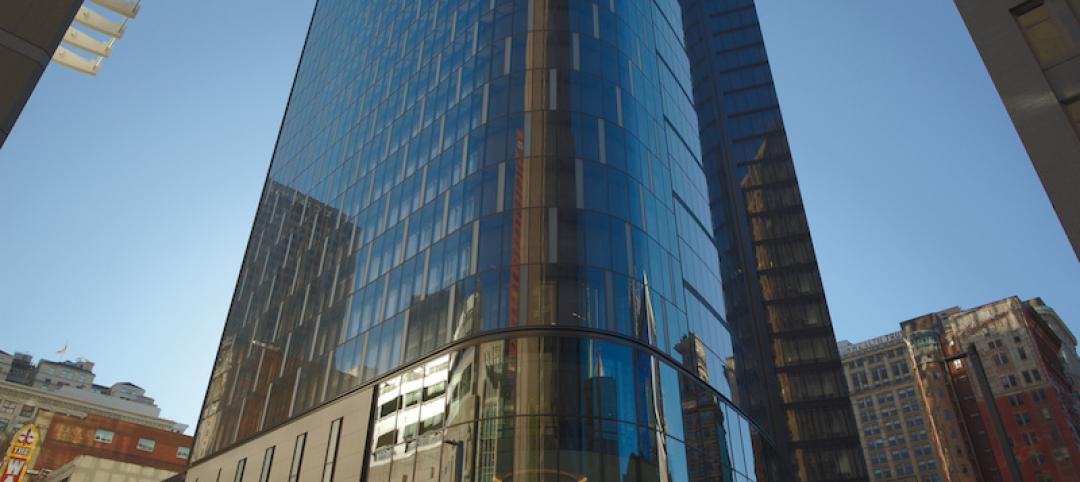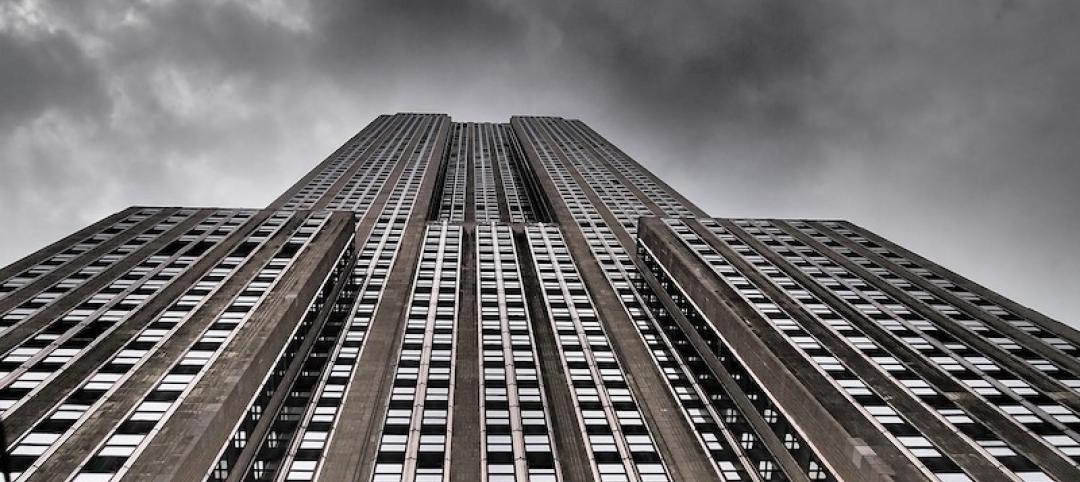Two years ago, a plan to create a smart city project along Toronto’s waterfront was unveiled with great fanfare.
Since then, the proposal, spearheaded by Sidewalk Labs, a subsidiary of Alphabet (Google’s parent company) has prompted extensive public criticism and a lawsuit by the Canadian Civil Liberties Association over data privacy and misuse concerns. The ambitious project was conceived as a showcase for the latest smart city technologies.
The project is to be centered on sustainable and safe transportation systems, and efficient and affordable housing. Technology such as “adaptive traffic lights” would prioritize cyclists and pedestrians and study the possibility of autonomous transit options. Innovative building materials and new occupancy models, like “co-housing”, would offer green, reasonably-priced housing.
With sensors tracking people and vehicles sprinkled throughout the development, privacy rights advocates are concerned that the data could be used for surveillance and discourage people to exercise free speech rights. It didn’t help that at public hearings Sidewalk Labs seemed unable to spell out where this data would be stored and how it would be used.
The company also presented a greatly expanded scope of the proposal from the original 12 acres to a 190-acre area at a public meeting, perhaps misreading the intent of the agreement with the city. These issues have caused delays to the project, but Waterfront Toronto, the city group overseeing it, recently voted to go forward with the 12-acre development.
Other smart city projects around the globe, including in South Korea and India, have been also been plagued by delays and controversies. These challenges indicate that making cities smarter will not be easy.
Related Stories
Codes and Standards | Apr 11, 2017
2017 National Energy Codes Conference includes code boot camp, PNC Tower tour
The DOE-sponsored event will be held in Pittsburgh July 17-20.
Codes and Standards | Apr 10, 2017
Congressional hearing on skills gap includes look at construction industry
Strategies to boost ranks of construction workers include mentoring programs, increased safety measures, trade group support, and outreach to school counselors.
Codes and Standards | Apr 6, 2017
Product-specific EPDs seen as key aid to earning green building credits
The product-specific EPDs allow designers to more quickly earn a LEED v4 credit in the Materials & Resources category.
Codes and Standards | Apr 5, 2017
Updated AIA Disaster Assistance Handbook released with significant enhancements
Updates provide guidance on how design and construction pros and emergency managers can work together to prepare for and respond to disasters.
Codes and Standards | Apr 4, 2017
Global standards for indoor environmental monitoring under development
Systems and sensors guidelines will be aligned with major green standards.
Codes and Standards | Apr 3, 2017
New standard test method for static loading and impact on exterior shading released
The method provides a standard lab procedure evaluation of ice and snow loads and impacts.
Codes and Standards | Mar 30, 2017
WELL enters strategic partnership with developer of standards and assessment tools
GIGA’s RESET standard and data collection will be integrated into the WELL standard.
Codes and Standards | Mar 29, 2017
Climate-specific code changes target energy savings for tropical zones
Hawaii considers updated 2015 IECC tailored to its climate.
Codes and Standards | Mar 28, 2017
Safety concerns over wood-frame construction raised after Raleigh apartment fire
The unfinished building was destroyed in a five-alarm blaze.
Codes and Standards | Mar 27, 2017
Bills in Maryland Legislature would restrict use of wood in multifamily construction
American Wood Council and design and construction professionals are speaking out against the measure.

















